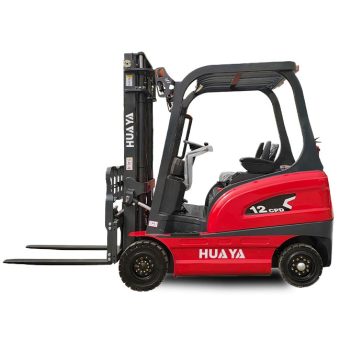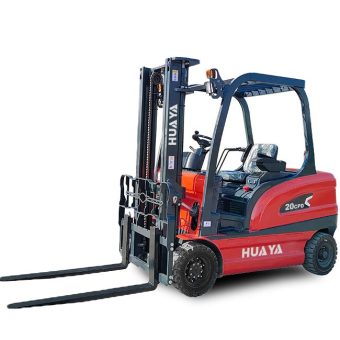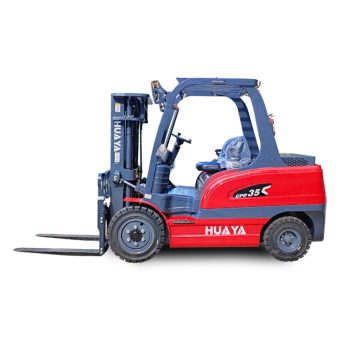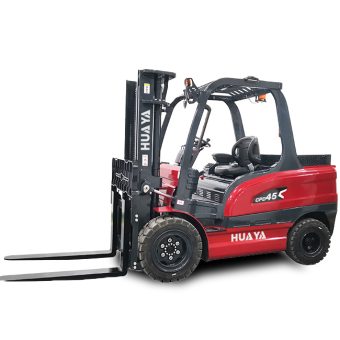
News
While many forklifts traditionally run on gasoline or diesel, there's a growing interest in using propane as an alternative fuel source. In this blog post, we'll explore the feasibility of using a regular propane tank on a forklift, addressing safety concerns, benefits, and practical considerations.
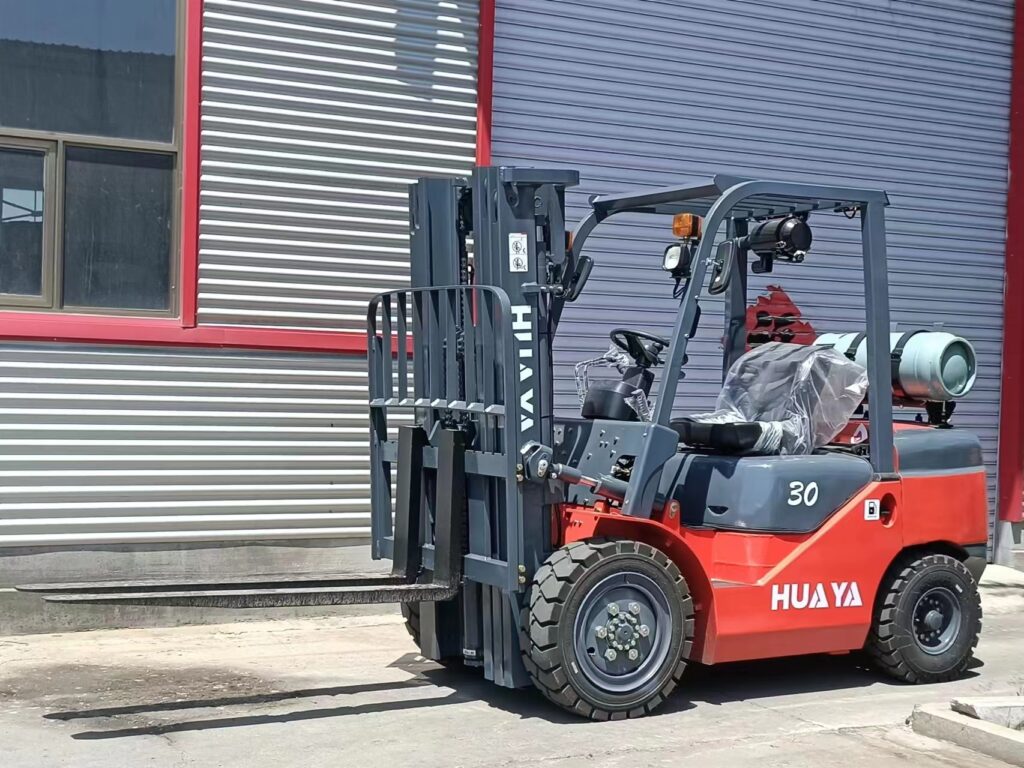
Propane, also known as liquefied petroleum gas (LPG), offers several advantages for forklift operators and businesses. It is a clean-burning fuel, producing fewer emissions compared to traditional fuels, which aligns with the increasing emphasis on environmentally friendly practices. Additionally, propane is cost-effective and readily available, making it an attractive option for businesses looking to reduce operating costs.
Using a regular propane tank on a forklift requires careful consideration of safety aspects. Unlike the typical propane tanks used for grilling, forklifts require specialized tanks designed for industrial use. These tanks are equipped with safety features such as pressure relief valves and are built to withstand the rigors of industrial environments.
It is crucial to consult with the forklift manufacturer and adhere to their guidelines regarding the type and specifications of propane tanks compatible with the forklift model. Using an incompatible tank can pose serious safety risks and may void warranties.
Cleaner Emissions: Propane combustion produces fewer greenhouse gases and pollutants, contributing to a cleaner and healthier working environment.
Cost-Effective: Propane is often more affordable than traditional fuels, providing cost savings over the life of the forklift.
Convenience: Propane forklifts can be refueled quickly, reducing downtime and increasing operational efficiency.
Longer Lifespan: Propane engines generally have a longer lifespan than their gasoline or diesel counterparts, resulting in reduced maintenance costs.
While propane offers numerous benefits, it's essential to be aware of potential challenges. For instance, propane has a lower energy density compared to gasoline, which can result in a shorter runtime between refueling. Additionally, the infrastructure for propane refueling may need to be established, depending on the current setup of the facility.
In conclusion, using a regular propane tank on a forklift is feasible, but it requires careful consideration of safety standards and compatibility with the forklift model. The advantages of propane, including cleaner emissions and cost-effectiveness, make it an attractive option for businesses seeking sustainable alternatives.
A: No, it's crucial to use propane tanks specifically designed for industrial forklift use. Consult with the forklift manufacturer for compatibility.
A: Yes, safety is paramount. Ensure proper ventilation in indoor spaces, follow refueling guidelines, and conduct regular maintenance checks.
A: Propane is often more cost-effective than gasoline or diesel, providing long-term savings for businesses.
A: Retrofitting may be possible, but it's essential to consult with the manufacturer to ensure compatibility and safety.
A: Depending on your location, there may be incentives or tax credits for using propane as a cleaner and more sustainable fuel option. Check with local authorities for details.
